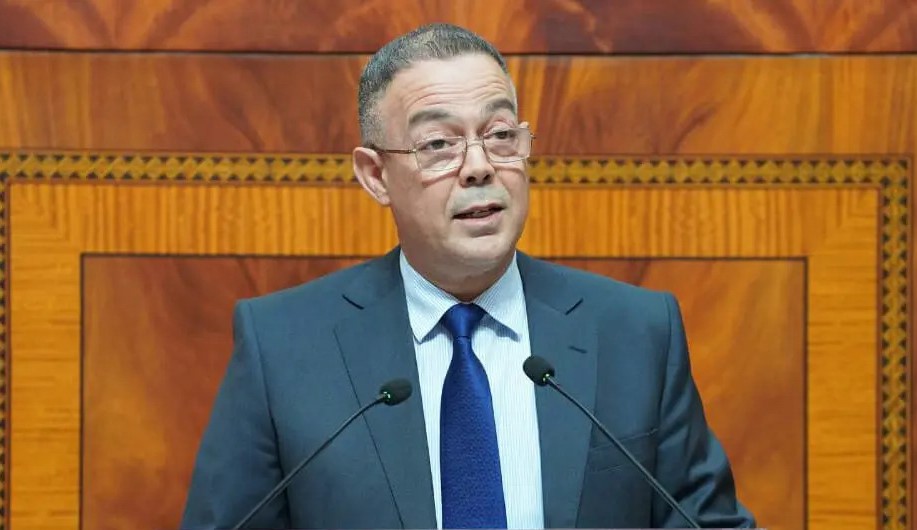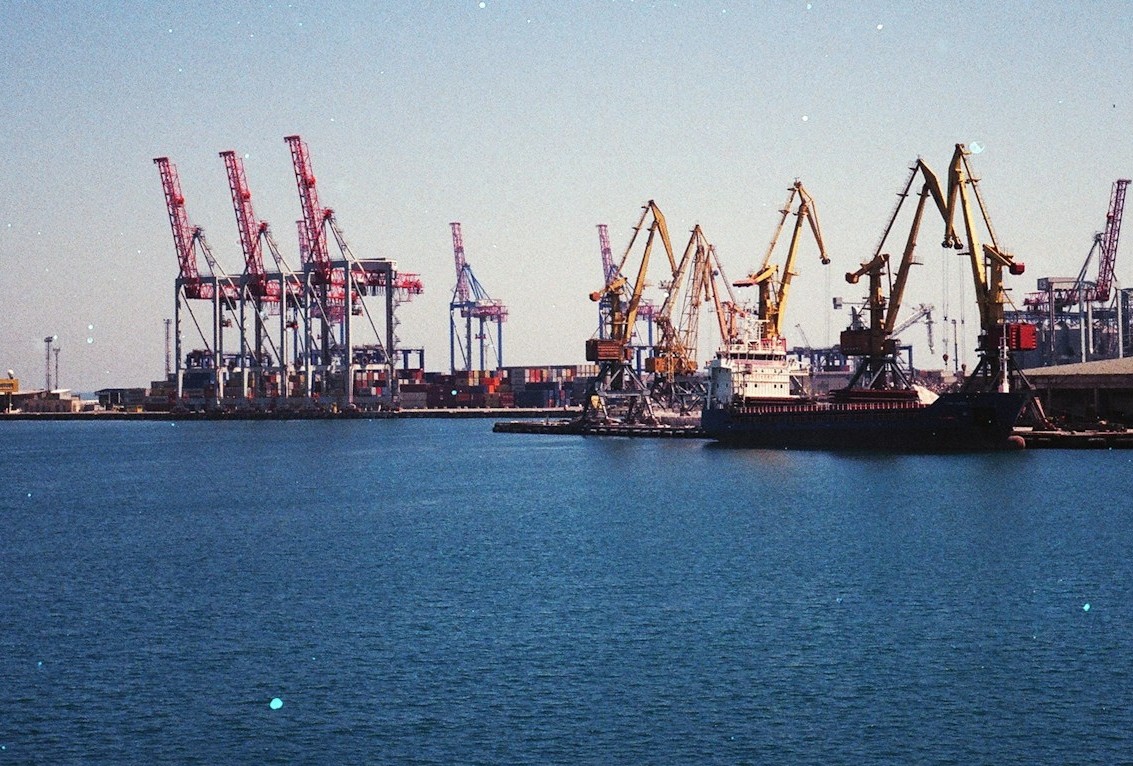Casablanca – Fouzi Lekjaa, Morocco’s Minister Delegate in charge of the Budget, announced substantial growth in tax revenues for 2024, attributing the increase to comprehensive tax reforms. These reforms have focused on enhancing fiscal efficiency, curbing tax evasion, and broadening the tax base.
By the end of December 2024, corporate income tax (CIT) revenues reached approximately $7.92 billion, marking a 14.3% increase compared to 2023. This growth represents an additional $990 million in revenue. The surge in CIT collections is largely due to reforms initiated under the 2023 Finance Law, aimed at harmonizing tax rates and improving the contributions of large enterprises.
Value-added tax (VAT) revenues also experienced significant growth, rising by 20.8% to $6.35 billion in 2024. This represents an increase of around $1.09 billion from the previous year. The introduction of a withholding tax mechanism in July 2024 contributed an additional $175 million in less than five months, showcasing the effectiveness of the new measures.
Lekjaa highlighted that the tax reforms have been instrumental in transforming tax evasion into stable and sustainable revenue sources. Key reforms include the gradual reduction of withholding tax rates on dividends and the establishment of minimum tax rates, designed to create a more attractive fiscal environment while promoting fairness in tax burden distribution. These measures are set to continue over a four-year period, aiming to foster long-term fiscal stability.
In parallel, the VAT reform adopted in 2024 follows a three-year progressive methodology, targeting the alignment of standard VAT rates at 10% and 20% by 2026. The strategy aims to maintain the fiscal neutrality of businesses while exempting essential goods to support household purchasing power.
The reform framework also addresses income tax, particularly through measures affecting retirement insurance contracts, which led to a notable 9.2% increase in wage tax revenues in 2023. This growth rate is significantly higher than the average annual growth rate of 4.8%. Additionally, the withholding tax on third-party payments generated nearly $185 million, reflecting an exceptional 89.6% increase.
Lekjaa emphasized that the true impact of these reforms lies in their capacity to reduce tax evasion and convert potential losses into readily available state resources. The improvements in tax management are expected to enhance revenue structures and ensure their sustainability over the long term.
Addressing concerns from the Court of Accounts regarding subsidy fund expenditures, Lekjaa noted that these expenses are closely tied to fluctuations in global commodity prices. For instance, the price of butane gas rose from $43.61 per ton in 2019 to $57.63 in 2024, representing a 32% increase. The average annual subsidy for a 12-kilogram gas cylinder increased from $4.64 in 2019 to $7.11 in 2023, stabilizing at $6.39 in 2024.
Furthermore, Lekjaa mentioned that the peak price of butane gas was recorded in 2022, reaching $76.19 per ton. He underlined the interconnected nature of these fiscal challenges and the government’s efforts to mitigate their impact through targeted support measures.
In the realm of local taxation, the Ministry of the Interior, in coordination with the Ministry of Economy and Finance, is working on finalizing reforms to the local tax system. The initial phase involved the enactment of Framework Law 7.20, which redefined the management responsibilities of certain local taxes between the General Directorate of Taxes and the General Treasury of the Kingdom.
Overall, Morocco’s tax reforms have demonstrated considerable success in increasing state revenues, reducing tax evasion, and promoting fiscal sustainability, setting a strong foundation for future economic stability.
















